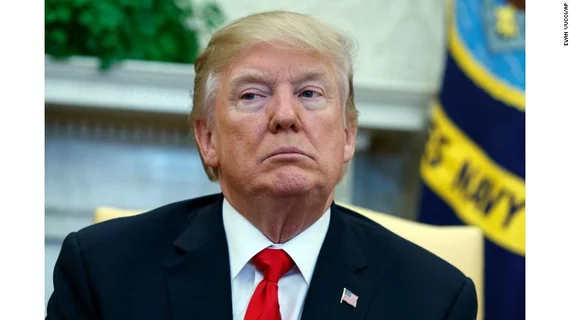Trump to announce expansion of non-ACA-complaint 'association health plans'
The Trump administration appears close to announcing a new health insurance option for small businesses and self-employed individuals that would offer fewer benefits and cost less.
The “association health plans” would cover pre-existing conditions, but they would not include all “essential health benefits” required by the Affordable Care Act. President Donald Trump has long argued such plans, which could be sold across state lines, would control premiums while delivering similar care.
Critics, however, claim the move would be disastrous, arguing the removal of consumer protections created by the ACA could lead to a death spiral in the insurance market as younger, healthier individuals leave the pool.
“To the extent that these plans develop and serve as a parallel market, that could have a destabilizing effect,” said Karen Pollitz of the nonpartisan Kaiser Family Foundation, an expert on individual health insurance, to the AP. “People who think they can get by without those (comprehensive) benefits will look for cheaper premiums,” she added.
Tuesday’s expected announcement comes eight months after Trump signed an executive order

